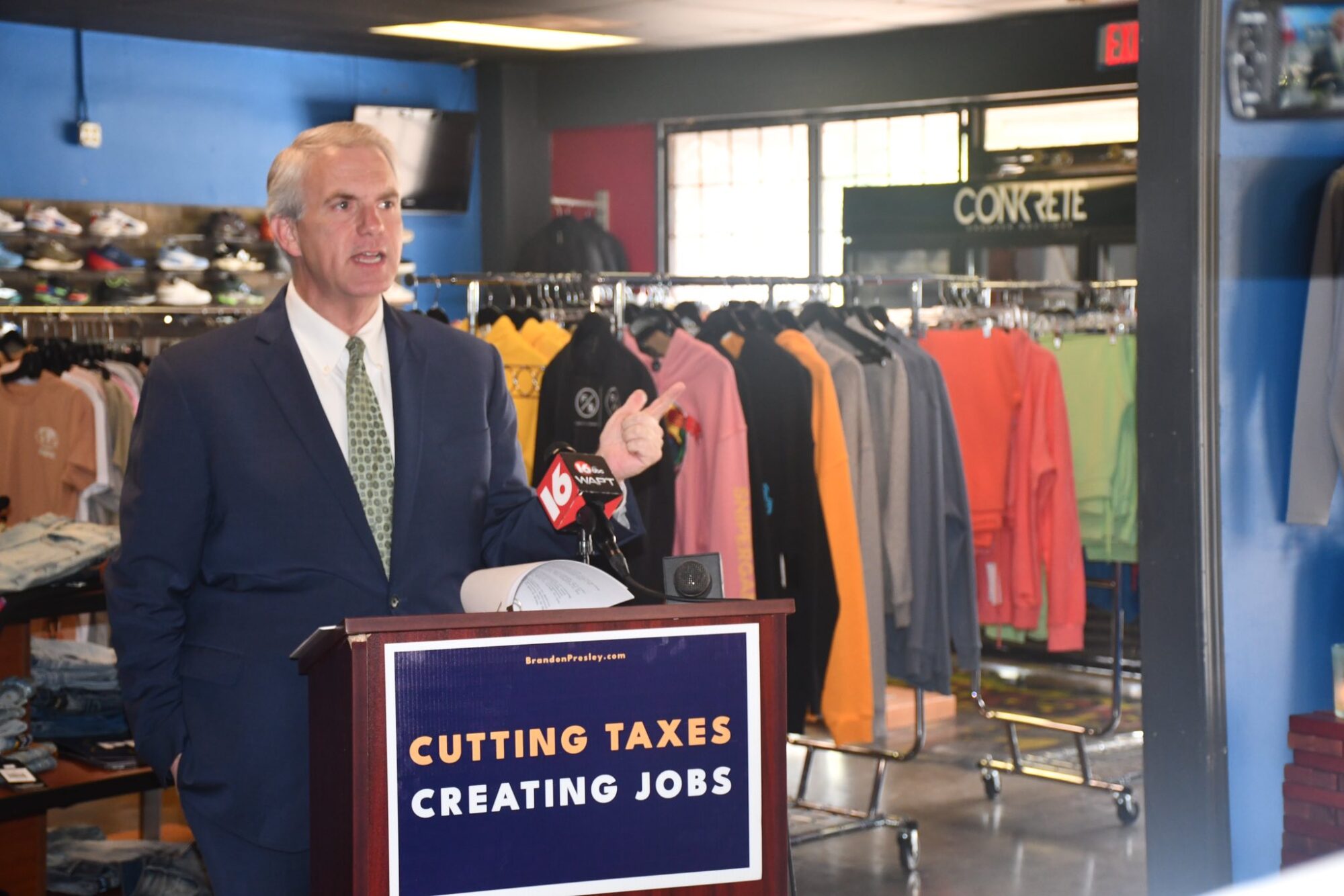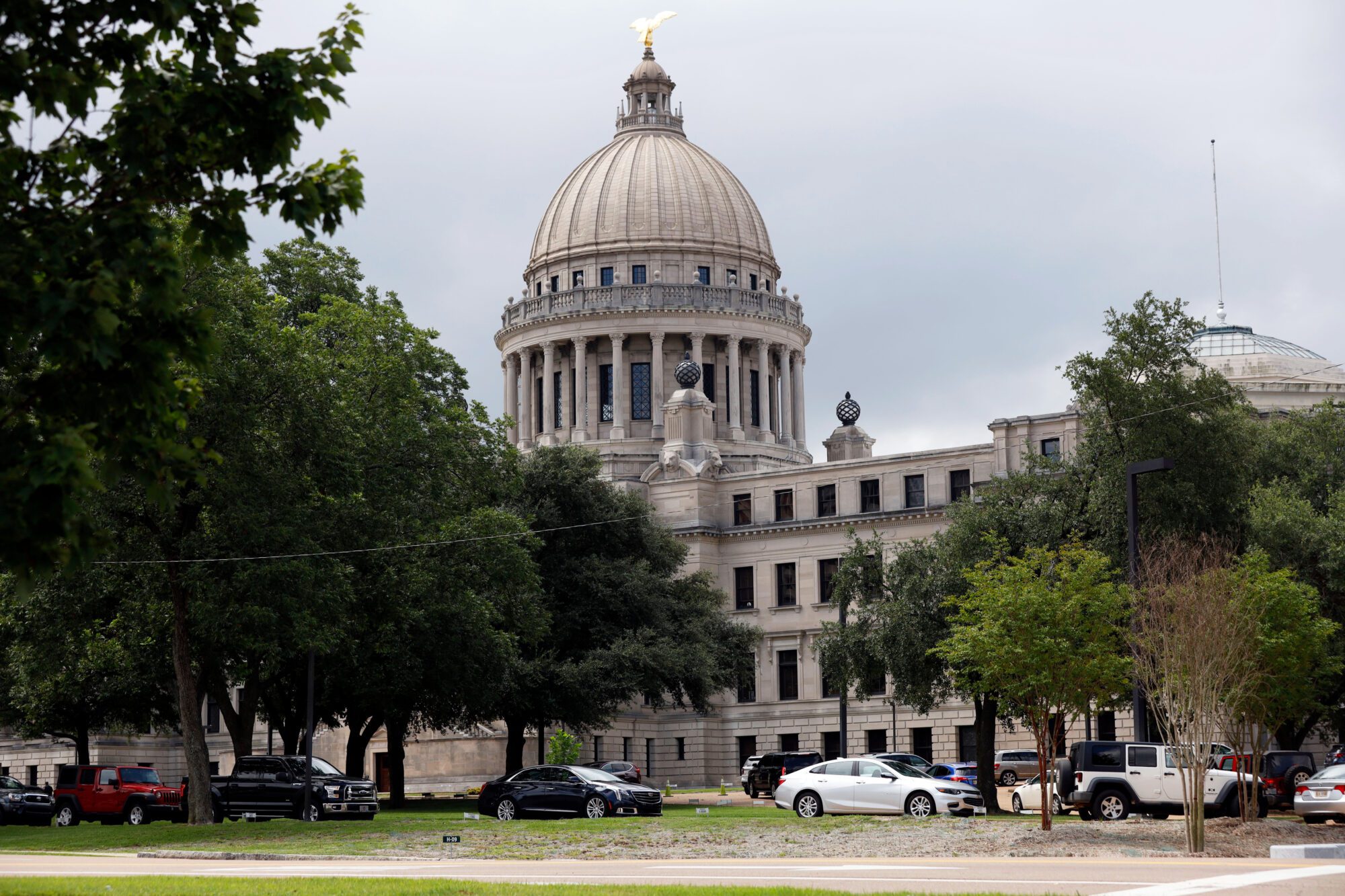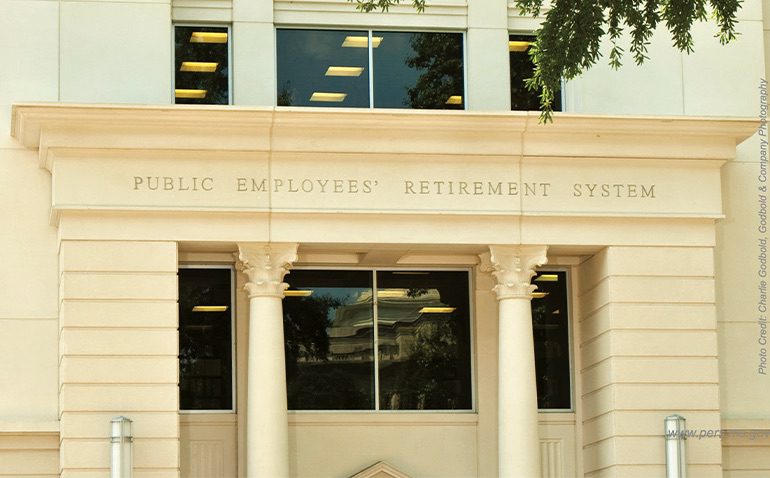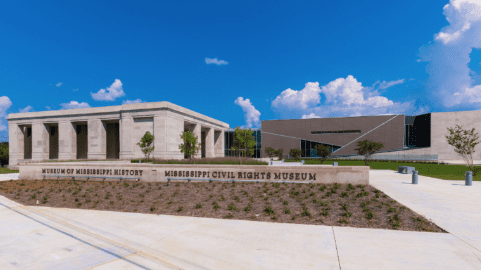
Brandon Presley (Photo from campaign's Twitter)
Federal data shows 17,000 workers in Mississippi, or 2.5% of the state’s hourly workforce, are making at or below minimum wage. That number has declined from 9.5% in 2010.
On Tuesday, two weeks from Election Day, Democratic gubernatorial nominee Brandon Presley made headlines when he spoke at Tougaloo College, a private historically black institution, and called for raising the minimum wage in Mississippi.
Mississippi’s minimum wage is the same as the federal minimum wage of $7.25 per hour. The Magnolia State is one of five states that do not have their own minimum wage law. Thirty states have set their minimum wage higher than the federal requirement.
Gubernatorial candidate Presley told reporters on Tuesday that he thinks there is support in the Mississippi Legislature for “some commonsense reform” on the issue.
However, during the 2022 legislative session, a group of Democratic State Senators filed a bill that would have phased in a state minimum wage increase over a period of three years until the wage hit the $12.00 mark. The bill swiftly died in committee in the Republican-controlled chamber within weeks of being filed.
The federal minimum wage was last increased in 2009. Since then, workers on minimum wage have declined, either due to states raising the wage on their own or through increased economic opportunities in the private sector that have allowed business growth and educational attainment to buoy workforce development.
The Bureau of Labor Statistics reports that in 2022, the latest data available, 78.7 million workers age 16 and older in the United States were paid at hourly rates, representing 55.6% of all wage and salary workers. However, only 1.3%, or 1 million workers earned wages at or below the federal minimum wage, down from 6% in 2010.
In 2010, those making minimum wage in Mississippi was 9.5%. According to 2022 data, BLS reports that of the 692,000 workers currently paid hourly rates, 17,000, or 2.5% earn wages at or below minimum wage. Of that, 3,000, or 0.4% earn minimum wage in Mississippi while 14,000, or 2.1% earn below minimum wage, meaning they are subject to Mississippi’s allowed tip credit of $5.12 to supplement their $2.13 minimum rate, the same amount allowed under the Federal Fair Labor Standards Act. The majority of these workers are in the restaurant or hospitality industry across the state.
Democrats, including during the term of President Joe Biden, have for years sought to raise the national minimum wage to $15.00, especially calling attention to it during campaign cycles, just as Presley has now done in Mississippi.
However, Democratic efforts on the federal level stalled in 2021 when the U.S. Senate killed the legislation. No significant effort has been made to increase the minimum wage on the national level since that time.
A 2020 report from the Economic Policies Institute concluded that raising the federal minimum wage to $15.00 “could have serious negative impacts on the nation and each individual state.”
“Despite the fact that minimum wage policy intends to raise wages for the lowest earners in society, significant changes such as raising the federal minimum to $15 may actually have negative effects on the poorest workers,” the report noted, projecting that Mississippi would have lost some 36,000 jobs if the Democrats’ Raise the Wage Act of 2019 had been passed and implemented by 2027.
The prevalent concern within the business community has long been the impact raising the minimum wage would have on their ability to hire and retain employees. The predominant number of workers at minimum wage are by and large under the age of 25 with limited skills and experience, largely working in the leisure and hospitality industry. Many are students or entry level workers who often require flexible part-time hour arrangements or other accommodations allowing less than 40 hours per week.
Dr. Joshua Hendrickson, Associate Professor of Economics at the University of Mississippi, told Magnolia Tribune that it is unclear that raising the minimum wage would have much of a benefit to workers.
“Higher minimum wages raise the costs of employers. As a result, employers tend to cut back on hours or the number of workers they employ,” said Hendrickson. “They typically do this by finding ways to replace workers with other inputs. An example would be to have fewer cashiers and more self-checkouts at grocery stores or fast-food restaurants. Employers that are constrained in reducing the number of workers or the hours they work will tend to try to pass along this cost in the form of higher prices to consumers.”
Hendrickson also noted that minimum wage jobs are entry-level jobs, as shown in the BLS data.
“By raising the minimum wage, it is making it harder for young people to get valuable work experience because they get priced out of a job,” the Ole Miss professor said. “The way to help workers is to develop policies that promote more economic activity and therefore increase the demand for labor. In that case, both hours worked and wages rise.”










